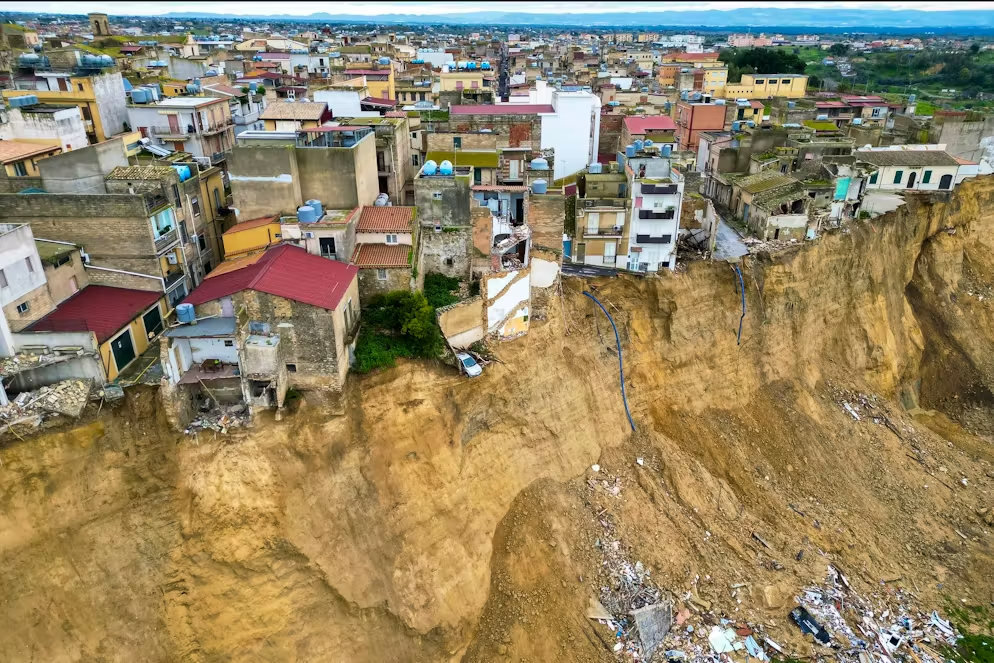The Scorched Earth Policy

Darko Lazar
Riyadh has had another busy week trying to prove its worth as a member of the Saudi/”Israeli”/American axis. In its latest gift offering, the Saudi-led Gulf Cooperation Council formally branded Lebanon’s Hizbullah a ‘terrorist’ organization.

The announcement by the six-nation GCC, which includes Saudi Arabia, the United Arab Emirates, Bahrain, Kuwait, Oman and Qatar, came two weeks after Riyadh canceled a four billion dollar aid package for Lebanon’s army and security services quickly followed by advice to their citizens to leave Lebanon.
The monarchy in Riyadh, whose influence has been dwindling in Lebanon since early 2011, is growing increasingly frustrated with Beirut’s unwillingness to support Saudi Arabia in what it sees as a regional struggle against Iran, while blaming Hizbullah for ‘crippling’ the Lebanese state.
But Lebanon remains one of the few countries where the Saudis and their allies have been unable to apply the same destructive policies which led to bloody wars in Syria, Iraq and most recently Yemen – thanks primarily to the presence of Hizbullah.
And for all its talk of ‘Arab solidarity’, Riyadh’s decision to designate Hezbollah as a terrorist group is clearly aimed at exacerbating Lebanon’s political divisions and destabilizing the country, mirroring the “Israeli” regional agenda.
But the designation, which was denounced by Hizbullah as reckless and aggressive, has also come as unwelcomed news for members of Lebanon’s Saudi-backed March 14 political bloc, made up of loosely allied factions who helped shape Lebanon’s political rivalry with the Mach 8 alliance since 2005.
Interior Minister Nouhad Machnouk, who is a member of the March 14 bloc, objected to classifying Hizbullah as a terrorist organization during the 33rd conference of the Arab Interior Ministers’ Council in Tunis, held on Wednesday.
“The party is represented in the Lebanese Cabinet and Parliament…and as long as I am a member of the Cabinet I will abide by the principles of government solidarity,” Machnouk said.
Political analyst, Dr. Kamel Wazne, thinks external efforts to destabilize Lebanon will not have the desired effect.
“The Lebanese government will not accept to call Hizbullah a terrorist group. Hizbullah is considered to be a primary part of the Lebanese government, and it has a large following among the Lebanese people and has been elected by the people,” Dr. Wazne said.
Saudi Arabia’s gradual withdrawal from parts of the region, brought on largely due to it’s declining economy, amid low global oil prices and costly military adventures in Yemen and Syria, appears to have given rise to a new foreign policy line in Riyadh; ‘if we can’t have it, no one will’.
Riyadh has been employing the ‘scorched earth’ policy in Yemen for almost a year now. The term coined to describe practices by the Soviets and Nazis during World War 2, involves the destruction of anything that might be useful to the enemy, specifically, food sources, transportation, communications, industrial resources and of course the civilian population.
Speaking one day before Hizbullah was labeled as a terrorist organization by the GCC, the group’s Secretary General Sayyed Hassan Nasrallah, warned that Riyadh was eager to adopt its Yemen strategy in Lebanon.
“Some in March 14 hope for a Decisive Storm in Lebanon, as if the Decisive Storm on Yemen has even reached its goals,” Sayyed Nasrallah said, referring to the name of the Saudi-led operation in Yemen which has killed over eight thousand civilians, devastating the country’s infrastructure, while failing to achieve any of the stated military objectives.
During that speech, Hizbullah Secretary General also addressed the recent GCC-adopted measures against Lebanon, which many have described as a thinly veiled attempt at collective punishment.
“Why punish the Lebanese people and the army and what moral or legitimate scale permits the Saudis to treat the Lebanese in this offensive way? Your problem is with us, it is not with the country or with the Lebanese,” Sayyed Nasrallah added.
But these are the familiar items in the toolbox of the Saudi/Israeli/American axis as they export political instability and whip up sectarian strife while their local proxies use big words like ‘crisis’ and ‘collapse’.
The designation of Hizbullah as a terrorist organization by the GCC is hardly a surprise, coming on the heels of a long-line of measures sanctioning the group since it began reversing gains by Saudi-backed militants in Syria. The move further highlights the Saudi role in trying to undermine Hizbullah as it gains the status of a regional force.
But with the shifting of the global tectonic plates and the reemergence of a multi-polar world, amateurish Saudi antics are sure to go in vein.
Source: al-Ahed news



